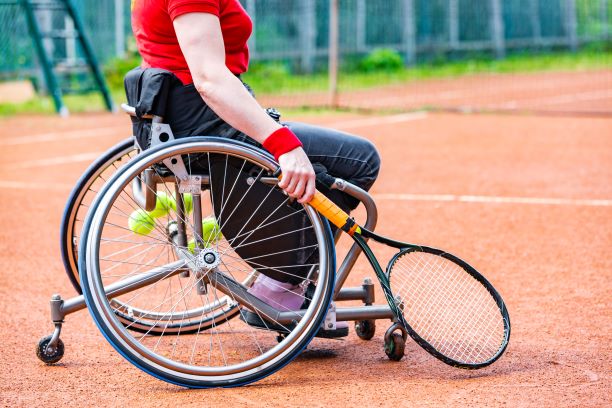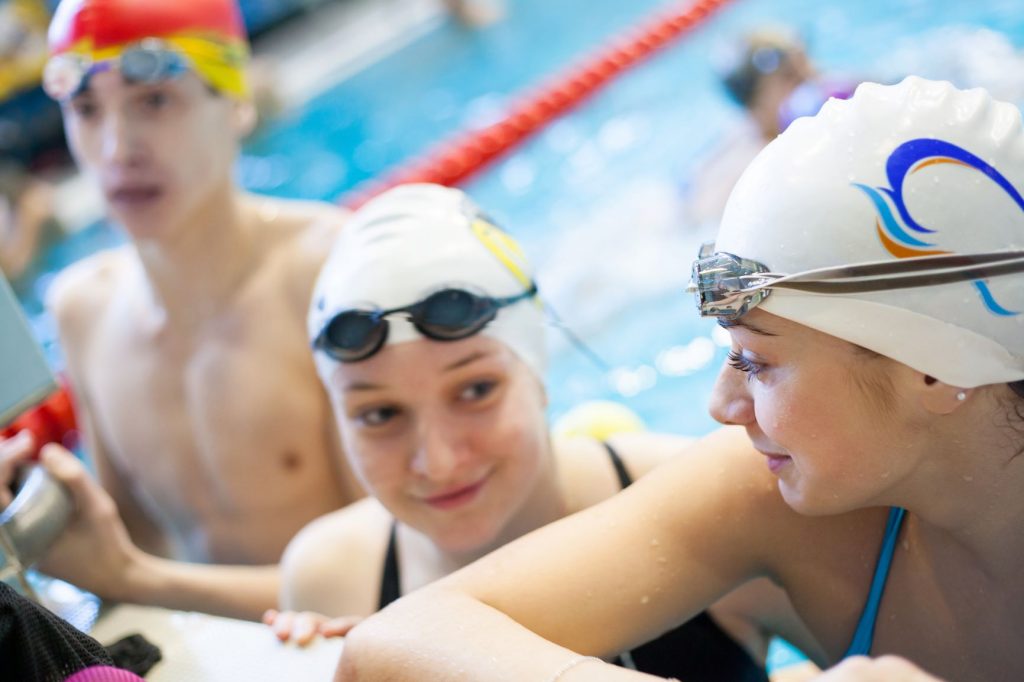Positive Para Sport Experience
Positive experiences in sport provide a foundation for participation, regardless of whether athletes are participating in community sport programs or competing at the Parapan American Games. The Quality Parasport Participation Framework identifies six “building blocks” of positive sport participation: autonomy, belonging, challenge, engagement, mastery and meaning. Learn more in the SIRC blog.
Don’t Retire Kid
“Don’t Retire Kid” is a new campaign from ESPN, in partnership with the Aspen Institute’s Project Play, to address youth dropout from sport. The campaign draws attention to the causes of youth dropout – including early specialization, pressure from parents and coaches, and lack of fun. Practical resources are available from the Aspen Institute and…
Canadian Disability Participation Project Blog
While accessible sport activities, venues, and services are necessary for people of all abilities to participate in sport, accessibility does not guarantee positive sport experiences. A positive experience is about more than access: it’s about meaningful activities that provide participants with feelings of belonging, choice, challenge and success. For this reason, researchers from the Canadian…
Is Accessibility Enough? How to Create Quality Experiences in Parasport

In 2006, the United Nations endorsed the Convention on the Rights of Persons with Disabilities (CPRD) — a landmark convention that protects the right to participation in variety of social domains, including sport activities, venues, and services. The CRPD has been ratified by Canada and 176 other countries around the world. Nonetheless, rates of sport…
Coaching – Athlete Confidence
Research reported in the International Journal of Sport Coaching explored athletes’ perceptions of what coaches can do to build athlete confidence. Through surveys with collegiate student-athletes, five key categories were identified: creating a positive environment; responding to athletes productively; developing effective practices for training; developing interpersonal relationships with athletes; and coach possession of effective intrapersonal…
Risks of Early Specialization
The sport sector has been abuzz about the potential risks of early specialization, including physical injury, athlete burnout, and dropout from sport. However, the link between early specialization and burnout is not well supported by the evidence. Research from the University of Alberta discovered coaches can help avoid burnout and dropout by supporting athletes’ sense…
Teaching Life Skills Through Sport

This blog is the second in a series by the authors on positive youth development in sport. If this is your first visit to this series, considering taking a few minutes to read the other two posts: Tips on How to Deliver a Quality Youth Sport Program and Supporting the Transfer and Application of Life…
Creating a Values-Based Sport System in Canada
Across playing fields, courts and ice rinks in Canada, demands for improvements in the quality of the sport experience are growing. While sport has long been celebrated for its role in developing the character of our nation, stories shared in the media or by word of mouth are calling into question the type of environment…
Increasing engagement by addressing de-selection practices in youth sport
As researchers and educators who have been (and still are!) extensively involved in sport, back to school time also means back to school SPORT time! Through our personal experience and our research, we know firsthand the positive impact that participation in sports can have on child development. We are also acutely aware that many children…
The Development of Executive Functions and Social and Emotional Learning Skills Through Sport
One of the biggest stories coming out of the 2018 Winter Olympics was the success of the Norwegian Team, who topped the overall medal count with 39 medals (7.33 medals/million population), compared to Canada’s third-place standing with 29 medals (0.81 medals/million population). In team rooms and in the media, everyone was asking “How did such…